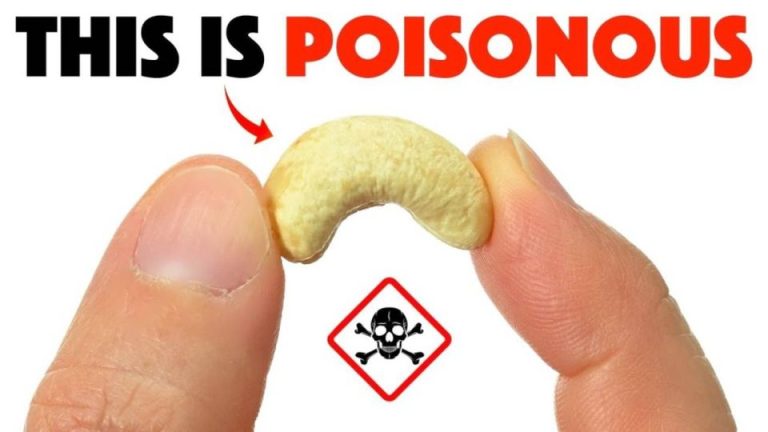4. Nutmeg
Nutmeg is safe in small amounts, but when consumed in large quantities, it can cause hallucinations, palpitations, and nausea. This spice should be used sparingly to flavor dishes.
5. Almonds
There are two types of almonds: sweet and bitter. Sweet almonds are the edible kind commonly sold in stores. Bitter almonds contain cyanide and must be processed to remove the toxins before consumption.
6. Fugu (Pufferfish)
Fugu is a Japanese delicacy that must be prepared by trained, licensed chefs because its organs contain lethal amounts of tetrodotoxin. Incorrect preparation can be fatal.
7. Cassava
Commonly used in tapioca, cassava must be properly prepared to remove naturally occurring cyanide. The root should be peeled and cooked thoroughly to ensure safety.
8. Raw Meat and Fish
Raw meat and fish can harbor bacteria and parasites. Always cook meat and seafood thoroughly to prevent foodborne illnesses.
9. Kidney Beans
Raw or undercooked kidney beans contain lectins, which can cause severe gastrointestinal distress. They must be soaked and then boiled properly to neutralize these compounds.
10. Apricot Kernels
Similar to cherry pits, apricot kernels contain cyanide. They are sometimes marketed as a health food but should be eaten with caution and in small amounts.
Conclusion
Being aware of these potential dangers allows you to enjoy these foods safely. Always handle and prepare ingredients with care to ensure that your meals are not only delicious but also safe. Enjoy your food with confidence by keeping these tips in mind!
